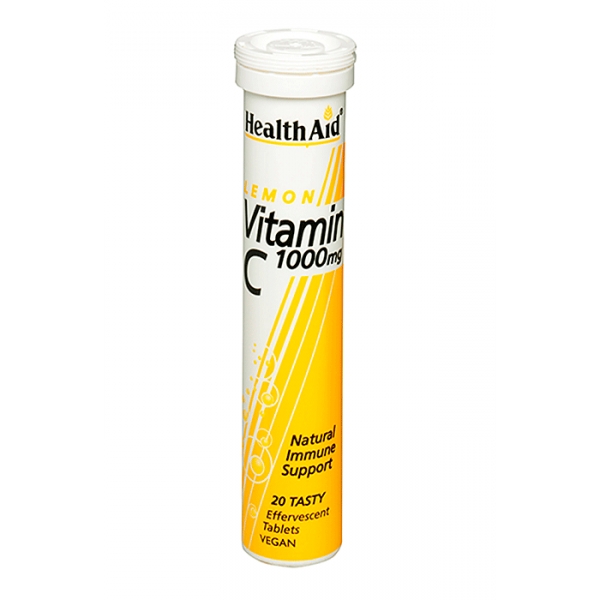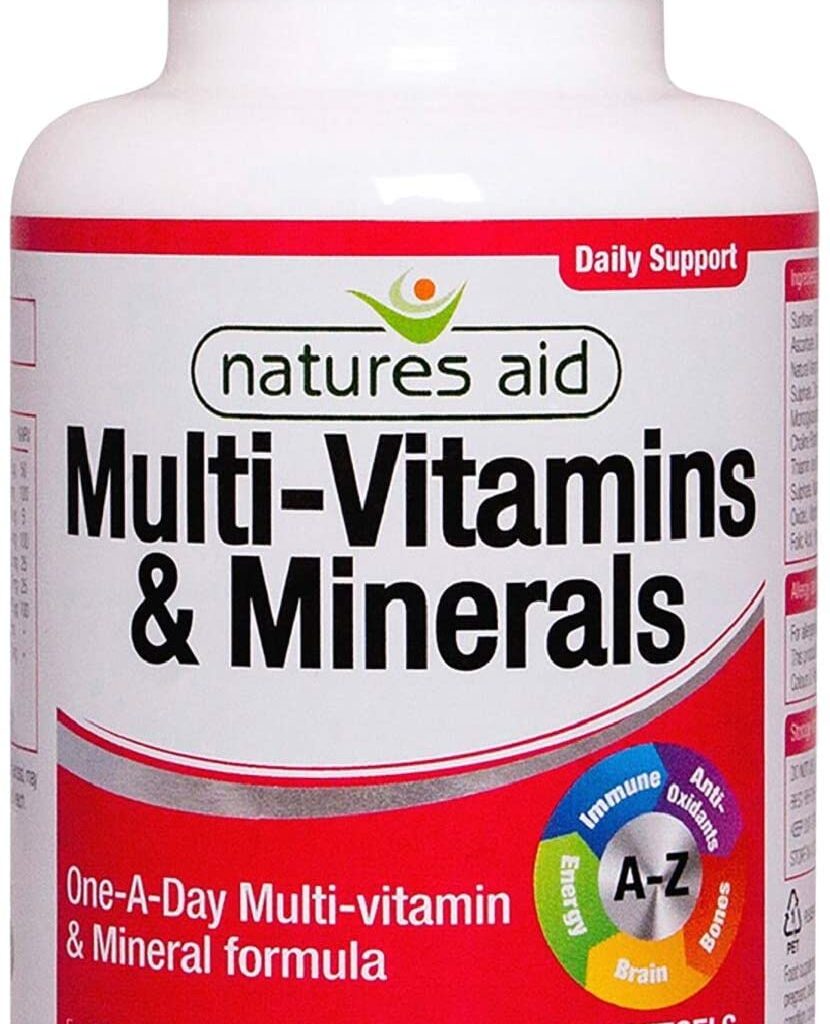IS VITAMIN C GOOD FOR YOUR IMMUNE SYSTEM?
Vitamin C, or ascorbic acid, is a water-soluble vitamin well known for its role in supporting a healthy immune system. It is a potent antioxidant, meaning it can neutralize unstable compounds in your body called free radicals and help prevent or reverse damage to normal cells caused by these compounds. Damage to cells by free radicals causes illness and the aging of cells rendering them less healthy.
It’s also involved in several biochemical processes, many of which are related to immune health.
So how does it affect your immunity?
It keeps your skin healthy by boosting the production of a skin protein called collagen, thereby helping the skin serve as a functional barrier to keep harmful compounds from entering your body. Vitamin C in the skin can also promote wound healing.
The vitamin also boosts the activity of specific immune cells called phagocytes that can “swallow” harmful bacteria and other particles and gets rid of them.
It helps promote the growth and spread of lymphocytes, a type of immune cell that increases the circulating antibodies that can attack foreign or harmful substances in your blood protecting you against invading diseases.
Some evidence from animal research and case studies in humans that high dose vitamin C can reduce lung inflammation in severe respiratory illnesses caused by H1N1 (“swine flu”) or other viruses. However, this is only done with close supervision by a doctor. You are advised not to take a higher-than-recommended dosage as you may experience adverse side effects such as diarrhea.
Vitamin C is an important nutrient found in fruit and vegetables that may help shorten the duration and severity of colds. It has also been shown to have a preventative effect against flu.


